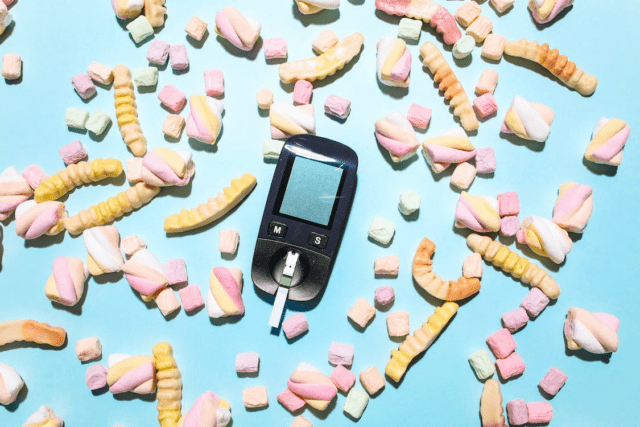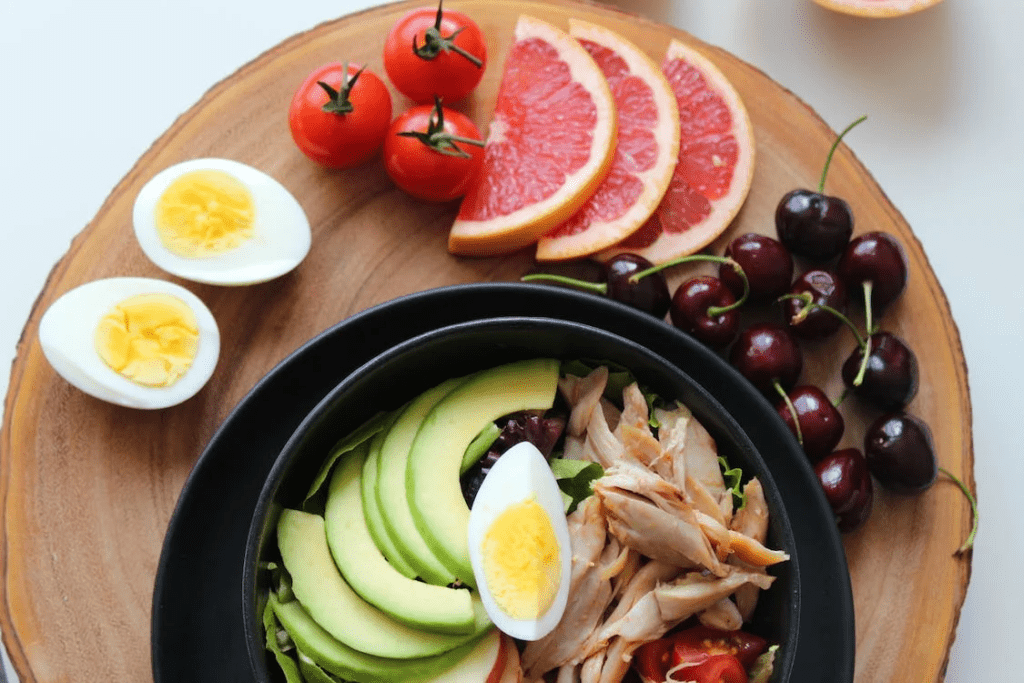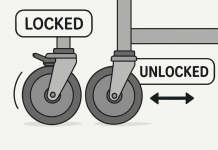
Diet has a significant role in preserving appropriate blood sugar levels in patients with prediabetes, diabetes, or other disorders that affect blood sugar. A healthy diet is essential for regulating blood sugar, despite other factors such as body mass, activity, stress, and heredity. Moreover, some foods can significantly help you maintain blood sugar levels.
Glucose builds up in the blood of diabetics’ bodies because their bodies cannot utilize insulin effectively or do not make enough of it. One strategy to manage the disease is selecting low glycemic index (GI) foods. The GI gauges how certain foods affect blood sugar levels. Foods with low or medium GI scores are best for people who want to manage their blood sugar levels.
A typical “fasting” blood glucose reading is 99 mg/dL or less, measured right after waking up. Anytime during the day, without regard to when you last ate, a random blood glucose test should result in a reading under 200 mg/dL.
Foods You Can Take to Lower Your Blood Sugar Levels
Foods such as elderberry and diabetes have a deep connection; they can help you control it. In today’s article, we’ll discuss foods that lower sugar levels:

Beans
Protein, fiber, and minerals like magnesium, abundant in beans and lentils, can help reduce blood sugar levels. They include exceptionally high levels of resistant starch and soluble fiber, which might assist in slow digestion and possibly enhance blood sugar response to meals. Beans have a low glycemic index, whether they are garbanzo, kidney, pinto, black, or lentils. This means that because their carbs are given gradually, blood sugar spikes are less likely to result from them. According to one study, eating beans every day for three months as part of a low-glycemic index diet decreased HbA1c by 0.5 percentage points. This is because beans are so advantageous.
Citrus Fruits
Despite the sweetness of many citrus fruits, research suggests they may help lower blood sugar levels. Citrus fruits have a lower glycemic index than pineapples and watermelons, so they’re considered low-glycemic foods.
Citrus fruits include oranges and grapefruits, which are high in fiber and include plant chemicals like naringenin, a polyphenol with potent anti-diabetic actions.
Oatmeal
Not only is oatmeal healthy for your heart. Additionally, it can lower blood sugar. With a lower glycemic index than items like white bread, bran flakes, or corn flakes, steel-cut and rolled, oats are a superior option.
Oats and oat bran include a considerable amount of soluble fiber, which has significantly lower blood sugar levels. This high soluble fiber content may help you control your blood sugar levels.
Apple
Although you might believe that fruit has no place in a diabetic meal plan, apples are also low in glucose. Apples contain soluble fiber, quercetin, chlorogenic acid, and gallic acid that may help lower blood sugar.
Although consuming fruit, in general, has been demonstrated to lessen the risk of having diabetes. Certain fruits, such as apples, may be beneficial for reducing blood sugar levels and lowering the chance of developing diabetes.
It is possible to control blood sugar levels by choosing low or moderate foods on the glycemic index, such as apples. Additionally, apples are healthy since they are low in fat and high in fiber and vitamin C.
Berries
Another fruit alternative is blueberries, which have strong scientific support for their health advantages. The fiber, vitamins, minerals, and antioxidants in berries make them an excellent choice for people who have trouble controlling their blood sugar. Blueberries have been demonstrated to help enhance insulin sensitivity and lower the risk of heart disease.
In obese individuals with insulin resistance, daily consumption of blueberries increases insulin sensitivity. Blueberries are an excellent method to get your fill because they’re a great source of fiber, vitamin C, and antioxidants. Likewise, including elderberry supplements as a part of your diet will also benefit you.
Egg
Eggs are exceptionally nutritious, providing a concentrated source of protein, healthy fats, vitamins, minerals, and antioxidants. Some studies have linked egg consumption to better blood sugar control.
A healthy diet that includes the foods on the above list may help lower your blood sugar levels. A healthy diet is critical if you have diabetes or prediabetes or are at risk of developing these disorders.
Before We Part!
It’s important to know that many factors play into blood sugar regulation and chronic disease prevention. In this regard, factors such as your total calorie intake, exercise, and body weight play an important role.



